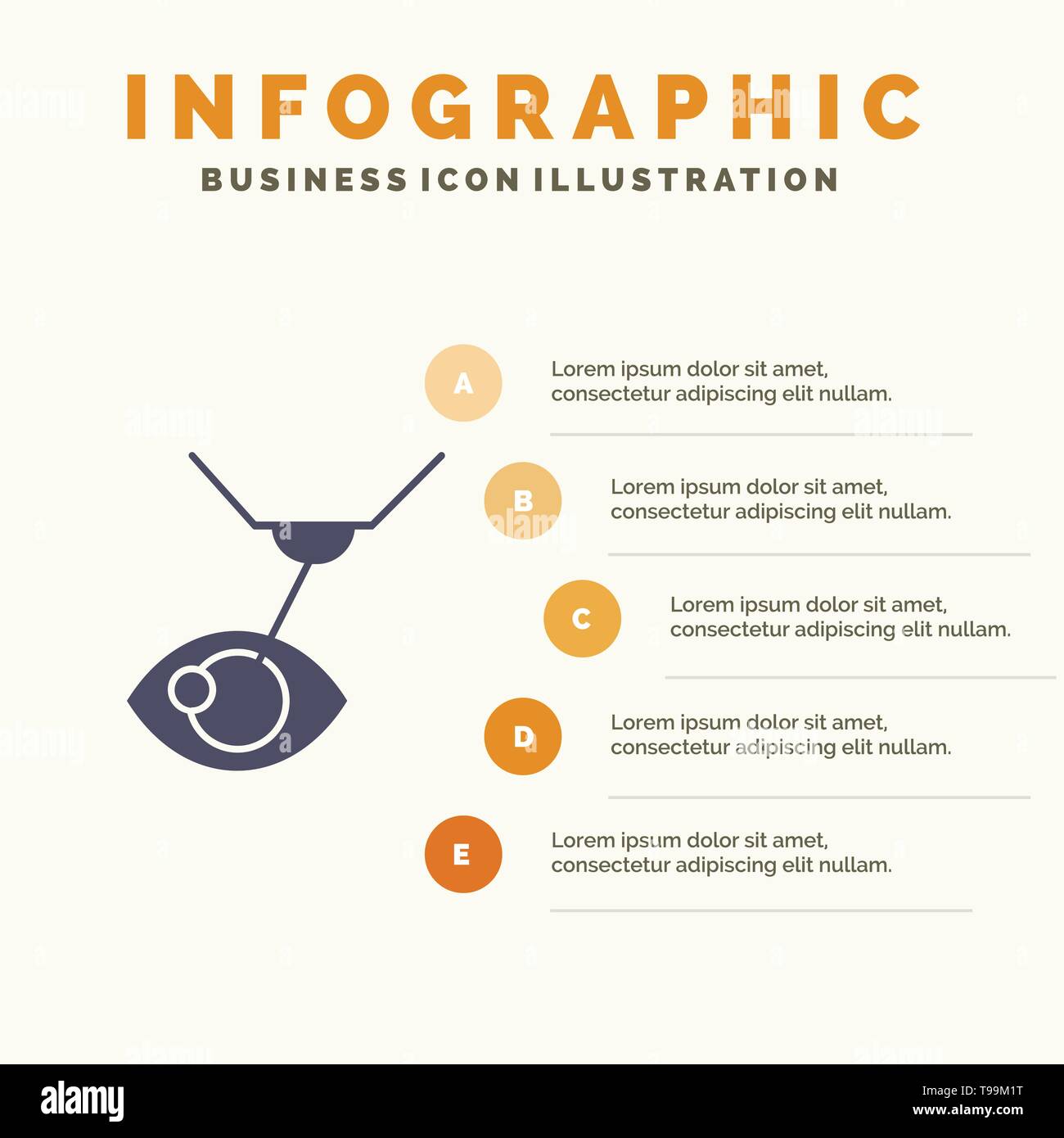Web Content Writer-Morse Mullen
As a parent, you play an essential role in your youngster's health and wellness, especially when it pertains to their vision. You might notice certain actions that could indicate a demand for an eye examination. Squinting, regular eye massaging, or problems of frustrations can be more than just minor annoyances. Recognizing these indicators is vital for your kid's advancement. So, what should you seek following? Let's check out the common signs that could suggest a vision problem.
Common Signs And Symptoms of Vision Issues in Kid
When you notice your child dealing with everyday tasks, maybe a sign of vision problems.
Try to find signs like squinting, scrubing their eyes regularly, or tilting their head to see far better. If they've problem reading or seem to lose their area typically, that's an additional indication.
You may also see them whining about migraines or experiencing eye pressure after extensive periods of analysis or making use of screens.
Furthermore, if your child prevents activities that need great vision, like sporting activities or drawing, it deserves taking note of.
Watch for any unusual habits, as these indications can point to underlying vision problems that need specialist examination.
Early discovery can make a big difference in their visual advancement.
Age-Specific Vision Milestones to Display
Every parent must watch on their youngster's vision development as they grow.
At around 6 months, your infant ought to begin tracking relocating things. By age 1, they need to have the ability to focus on and identify familiar faces.
Between 2 and 3 years, seek renovations in hand-eye coordination, like stacking blocks or throwing a round.
By age 4, children must be able to recognize forms and shades, and they could begin to acknowledge letters.
If your child fights with these turning points, it's necessary to remember. Monitoring their progress aids you catch possible issues early, guaranteeing they get the vision treatment they require for an intense future.
Keep proactive concerning their vision health!
When to Arrange an Eye Test for Your Youngster
Checking your child's vision growth is very important, however knowing when to schedule an eye test is just as vital. The American Academy of Ophthalmology advises your child have their first eye exam at six months old.
Afterwards, routine follow-ups at age three and once more prior to they begin school. If your youngster reveals indications of vision concerns-- like scrunching up your eyes, problem analysis, or frustrations-- don't await the next arranged consultation.
In addition, if there's a family history of eye issues, aggressive examinations are important. Watch on any type of changes in their vision or behavior, and depend on your instincts.
Regular exams can aid capture potential problems early, guaranteeing your youngster has the most effective opportunity for healthy and balanced vision.
Conclusion
To conclude, staying sharp to your child's visual behaviors is vital for their eye health and wellness. If you observe any kind of indications like squinting, eye massaging, or difficulty with analysis, do not hesitate to set up an eye test. Remember, very early discovery can make a significant difference in their aesthetic advancement. Trust fund your instincts as a moms and dad, and guarantee your child obtains the treatment they require to grow. Routine check-ups can aid keep their eyes healthy for years ahead.

